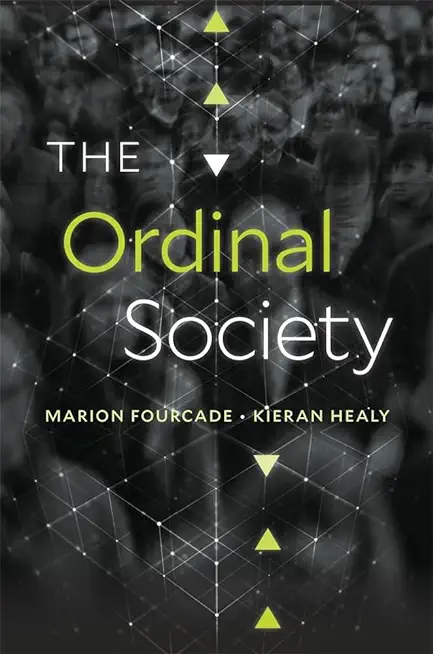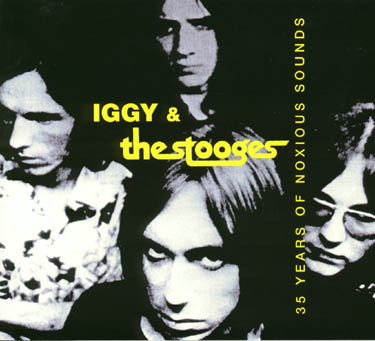
description
ital capitalism is reformatting our world. We now live in an "ordinal society." Nearly every aspect of our lives is measured, ranked, and processed into discrete, standardized units of digital information. Marion Fourcade and Kieran Healy argue that technologies of information management, fueled by the abundance of personal data and the infrastructure of the internet, transform how we relate to ourselves and to each other through the market, the public sphere, and the state. The personal data we give in exchange for convenient tools like Gmail and Instagram provides the raw material for predictions about everything from our purchasing power to our character. The Ordinal Society shows how these algorithmic predictions influence people's life chances and generate new forms of capital and social expectation: nobody wants to ride with an unrated cab driver anymore or rent to a tenant without a risk score. As members of this society embrace ranking and measurement in their daily lives, new forms of social competition and moral judgment arise. Familiar structures of social advantage are recycled into measures of merit that produce insidious kinds of social inequality. While we obsess over order and difference--and the logic of ordinality digs deeper into our behaviors, bodies, and minds--what will hold us together? Fourcade and Healy warn that, even though algorithms and systems of rationalized calculation have inspired backlash, they are also appealing in ways that make them hard to relinquish.
member goods
No member items were found under this heading.
Return Policy
All sales are final
Shipping
No special shipping considerations available.
Shipping fees determined at checkout.







